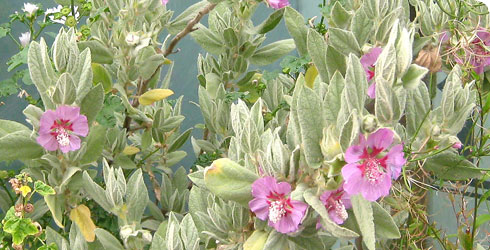Lavatera oblongifolia (Alpujarras mallow, malva de las Alpujarras)
Lavatera oblongifolia can only be found in the arid mountains and valleys of the Alpujarras region in the extreme south-east corner of Spain. The Alpujarras mallow was collected and described by the Swiss botanist and plant collector, Pierre Edmond Boissier in 1838.
Lavatera valdesii is the most similar species to Lavatera oblongifolia, and occurs only on Djbel Mezgout, a rocky limestone mountain in north-east Morocco. It was only discovered in 2004, and described in 2007 by Julián Molero Briones and Josep M. Montserrat Martí.
Species detail
-

Distribution
Lavatera oblongifolia is found only in Andalusia in particular locations. Find out where.
-

Biology
This flowering plant is a small perennial shrub. Find out more about its appearance and ancestry.
-

Conservation
Lavatera oblongifolia is classed as a vulnerable species. Find out more.
-

References
Get reference material for Lavatera oblongifolia.
Images
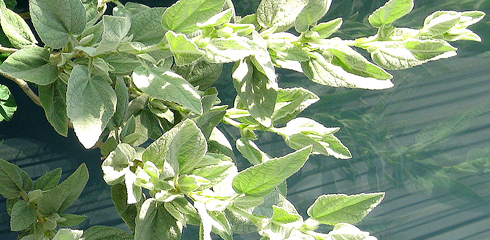
Young Lavatera oblongifolia plant with Malva species.
© Christopher J S Davis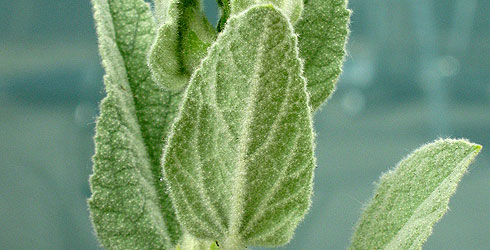
Lavatera oblongifolia stem in bud.
© Christopher J S Davis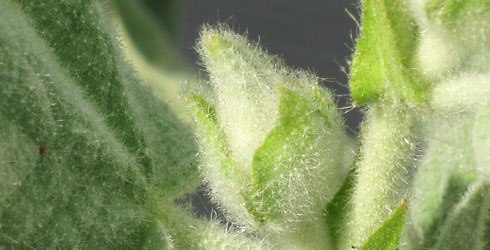
Lavatera oblongifolia leaf and bud.
© Christopher J S Davis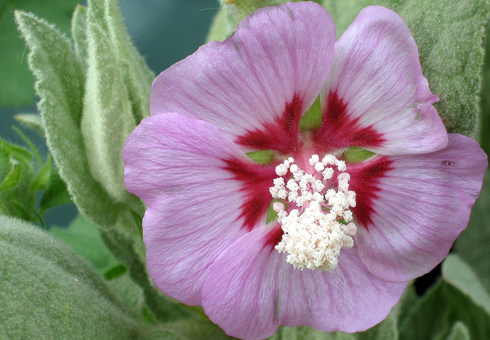
Lavatera oblongifolia flower.
© Christopher J S Davis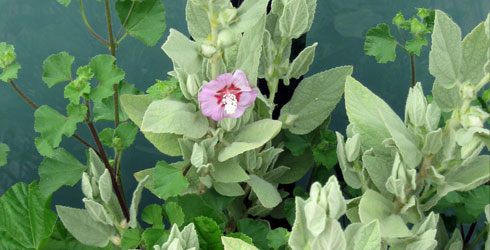
Lavatera oblongifolia plant in flower with Malva species.
© Christopher J S Davis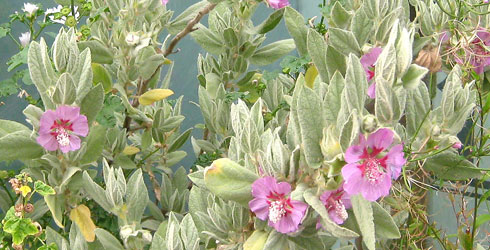
Mature Lavatera oblongifolia plant in flower.
© Christopher J S DavisAbout the author
Christopher Davis
Curatorial Assistant, Botany Collections Team, Botany Department.
A word from the author
"Although this species is only rarely grown in gardens, I think it’s a relatively unknown gem. Not only does this rather cuddly looking compact mallow produce many, very attractive 2-tone flowers throughout the summer, but it’s also very drought and cold tolerant."
